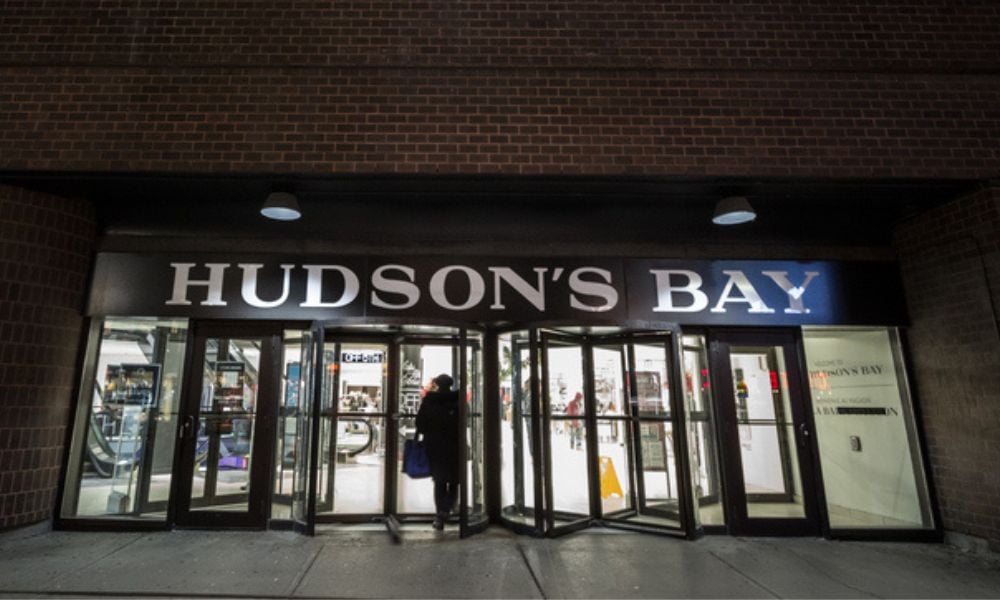
An 86-year-old woman allegedly tripped on an empty display pallet

The Quebec Superior Court has denied the claim for damages of an 86-year-old woman who tripped and fell while shopping at Hudson’s Bay.
In Shellard c. Hudson S Bay Company, 2023 QCCS 1617, Rita Shellard fell while shopping at the Fairview Pointe-Claire store of the Hudson’s Bay Company in 2016. She sued The Bay for over $500,000 for the alleged damages resulting from the fall. The Bay denied liability, arguing that Shellard was at fault for not paying attention when she was circulating the store and tripped on a prominent display. The Bay also argued that Shellard’s damages claim is grossly exaggerated.
Shellard has worked as an artist, gallery owner, painting teacher, avid tennis player and dedicated gardener. She claimed that The Bay was her favourite store and knew the Fairview Pointe-Claire store well. She testified that she was heading for the escalator, where she noticed a display with boxes of products piled up for customers. She alleged that she was heading to the escalator when she suddenly tripped on an empty pallet on the floor with no boxes. She was instantly airborne, flew over the pallet, and fell to the floor before the escalator.
Shellard admitted she was not looking at the floor when her feet got caught on the empty pallet. She claimed she walked past two pallets with four boxes on each pallet and then tripped on one empty pallet with no boxes. As a result of the accident, she claimed to have suffered from whiplash. She further claimed that she stopped most of her activities after the fall and only went to medical appointments. She stated that the accident robbed her of her independence and well-being.
Shellard based her claim on extra-contractual liability and on the rule that the principal is bound to make reparations for injury caused by the fault of his subordinates while performing their duties. She also referred to article 48 of the Charter of Human Rights and Freedoms, which provides that every aged person and every handicapped person has a right to protection against exploitation.
She claimed that the damages she sustained were a direct result of her fall at The Bay’s premises, considering the neglect, omission and carelessness demonstrated by the defendant’s inaction in properly ensuring a safe and secure passage for their clients circulating within the store aisles.
The Quebec Superior Court noted that the test for the negligence of an establishment relies on the concept of usual ordinary precautions and not absolute perfection. Shellard argued that the empty pallet on the floor in the store was an unexpected anomaly and surprise for the clients since it was impossible to notice and avoid it.
After reviewing the exhibits filed, the court concluded there was, in fact, a display contrary to Shellard’s recollection. The court did not find sufficient evidence to support the contention that Shellard tripped over an empty pallet. Shellard suggested at the trial that while she was searching for help, employees could have rushed in to remove the pallet and change the display or attempted to take inaccurate pictures to deny Shellard’s version of events. However, the court found no evidence to support this suggestion.
The court found no reason to doubt the credibility of The Bay’s witnesses on the marketing standards for displays and the ordinary course following the report of an incident. There was no evidence of any conspiracy to remove an empty pallet and to draft a false report regarding the events surrounding Shellard’s fall.
The court ultimately ruled that The Bay is not liable for negligence in this case. The court concluded that Shellard failed to meet her burden of proving that she tripped over an empty pallet at The Bay’s establishment or that the defendant was negligent.